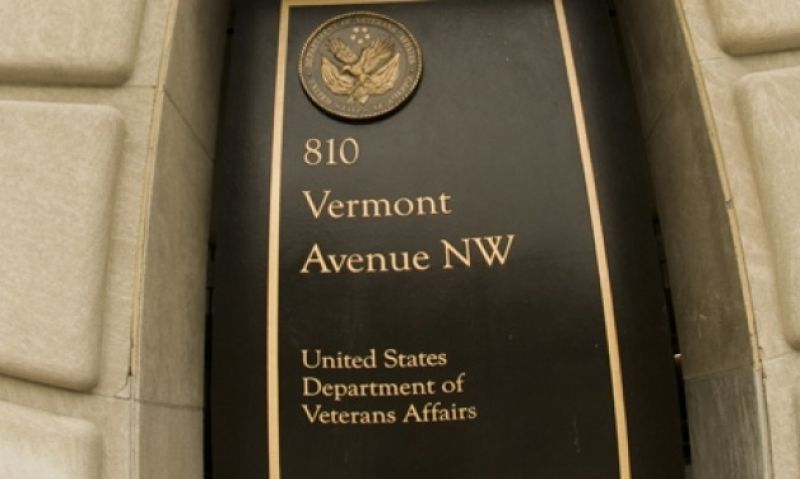
Biden’s fiscal year 2024 budget provides historic care for veterans
President Biden’s fiscal year 2024 budget released March 9 proposes vital resources to help the Department of Veterans Affairs care for America’s veterans, their families, caregivers and survivors. It is the largest budget proposal in U.S. history for veterans – total FY 2024 request for VA is $325.1 billion. This is a $16.6 billion increase above the FY 2023 budget enacted level.
“As President Biden often says, our nation has a sacred obligation to support veterans, their families, caregivers and survivors — and this proposed budget will help us do exactly that,” said VA Secretary Denis McDonough. “With these historic investments, we at VA can continue to deliver more care and more benefits to more veterans than ever before in our nation’s history.”
The budget for the VA aligns with The American Legion’s legislative efforts for veterans.
For the VA, the budget will:
Expand health care and benefits for toxic-exposed veterans: The PACT Act legislation, which President Biden signed into law Aug. 10, 2022, expands VA health care and benefits to millions of veterans exposed to burn pits, Agent Orange and other toxins. The budget requests $20.3 billion in 2024 for the Cost of War Toxic Exposures Fund — $15.3 billion above 2023 — for health care, research and benefits delivery associated with exposure to environmental hazards for Veterans and their survivors.
Improve efforts to prevent veteran suicide: Suicide prevention is VA’s top clinical priority and a top priority of the Biden administration. This budget provides $16.6 billion in 2024 for mental health efforts, including suicide prevention — up from $15 billion in 2023. As a part of that, the budget includes $559 million for veteran suicide prevention outreach programs and an estimated $2.5 billion in suicide-specific medical treatment. These funds will support VA’s initiatives to provide free emergency health care to veterans in suicidal crisis at VA or non-VA facilities and help fund local organizations that provide or coordinate suicide prevention services for veterans and other eligible individuals and their families.
Improve efforts to end veteran homelessness: Veteran homelessness has decreased by 11% since 2020 and VA permanently housed more than 40,000 homeless veterans in 2022. But ensuring every veteran is off the streets and has a safe home is a priority of the VA and the Biden administration. The budget invests $3.1 billion in providing homeless veterans — and veterans at risk of homelessness — with permanent housing, access to health care and other supportive services.
Support health care needs for women veterans: The number of women veterans using VA services has significantly increased over the last 20 years — from 160,000 in 2002 to more than 627,000 today. The budget invests $257 million for women’s health and childcare programs to increase access to infertility counseling and reproductive technology, eliminate copayments for contraceptive coverage, and support full-time women veteran program managers at all 171 VA medical centers. These investments provide comprehensive specialty medical and surgical services for women veterans, including $1 billion for women’s gender-specific care.
Invest in VA facilities: The median VA’s hospital was built nearly 60 years ago in comparison to just 13 years ago in the private sector. The budget makes a historic investment of $4.1 billion (discretionary and mandatory) for construction to begin restoring VA’s aging infrastructure and providing veterans with state-of-the-art healthcare facilities, as well as a $5 billion investment in medical care funding (discretionary) for non-recurring maintenance to improve medical facility infrastructure.
